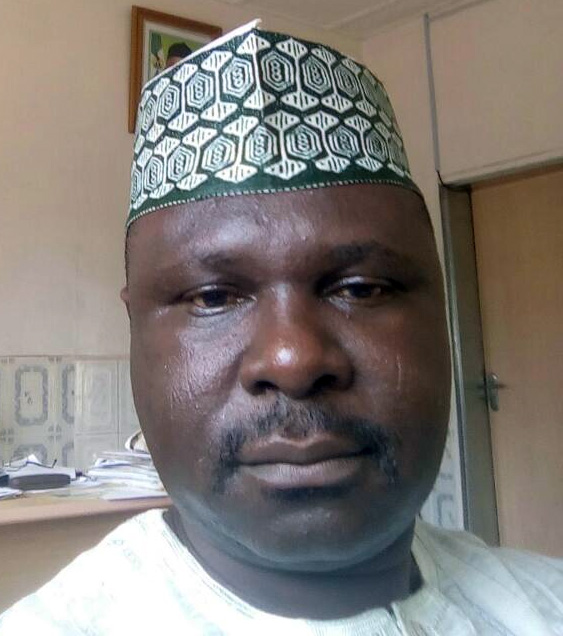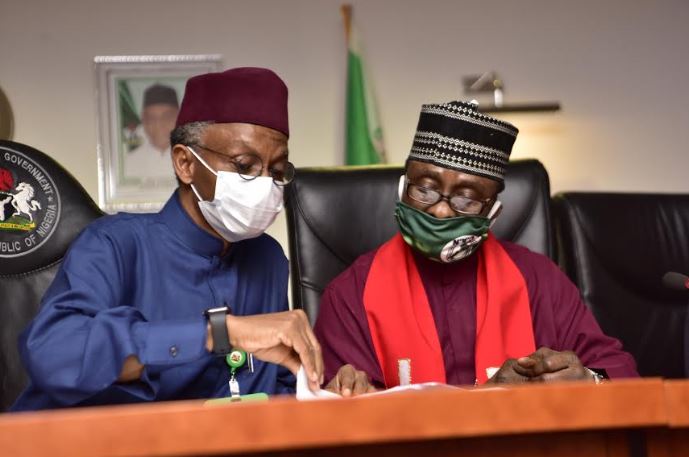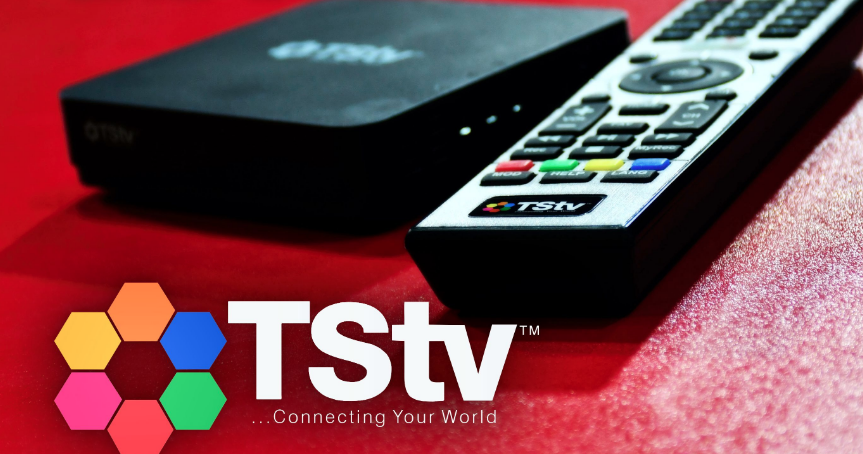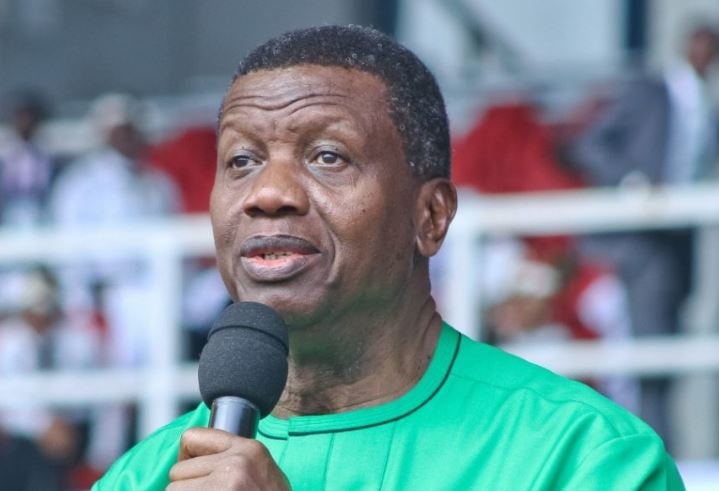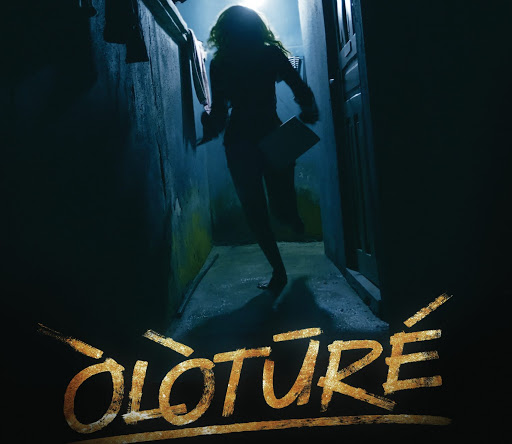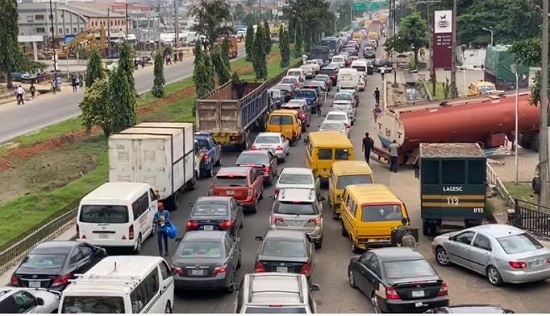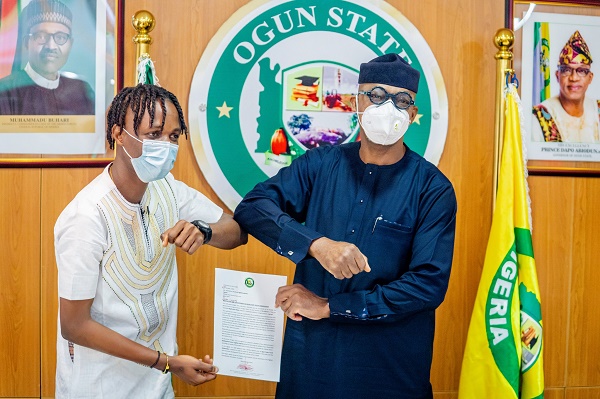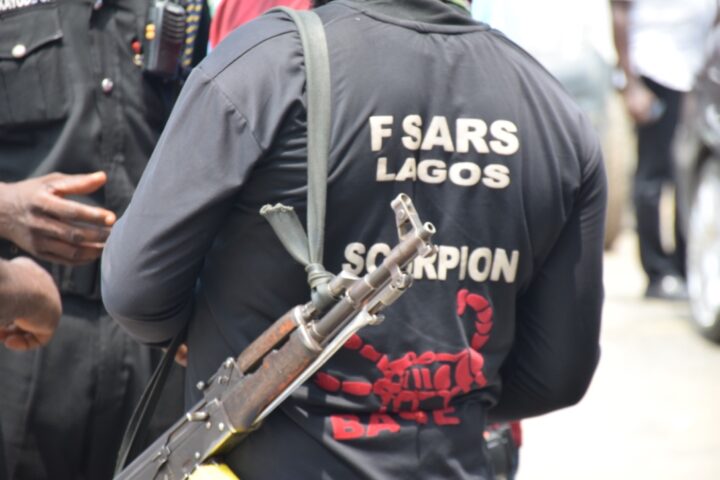Eloquent, persuasive and somewhat professorial, President Barrack Obama is a study in politics, leadership and governance. In 2015, as a sitting president, Obama told Africans the home truth in Ghana. The continent, according to him, needs strong institutions and not strong men to develop, leverage on its population, engage its teeming youths and harness their bustling energies. Indeed, Malam Nasir Ahmad El Rufai, the governor of Kaduna state, has been doing all these and more. The governor, in the last five years, have been building institutions and developing human capital from the get-go. Specifically, the foundation was laid from the very beginning, when he constituted a slim cabinet, pruned down ministries and right-sized the civil service. In fact, his edifice of good governance, transparency and accountability had reached lintel level within two years and in September 2017, the roofing had commenced . At that time, Kaduna state subscribed to the Open Governance Partnership(OGP), which involves citizens’ participation in budgeting and transparency in government expenditure.
Initially, OGP was launched in only eight countries, including Brazil, Indonesia, Philippines, Mexico, Norway, South Africa, United Kingdom and the United States. In ranking, Nigeria was the 70th country to join the partnership but Kaduna state was the first sub-national to do so. Largely, the state subscribed to seven of the 14 commitment areas for implementation, including open contracting, adopting a common reporting standard and promoting ease of doing business as well as compliance with Freedom of Information Act. By so doing, it raised the bar of budgeting, especially by involving the people, timely submission of budget proposals and aligning the fiscal and the calendar years, five years down the road. At this point, let’s go down memory lane.
Significantly, on November 29, 2015, after six months in office, El Rufai had presented a draft of the 2016 budget to a Town Hall meeting. Thereafter, the estimate was passed to the legislature in December and by January, the budget had been signed into law by the governor. Likewise, on October 12, 2016, he also submitted the 2017 appropriation bill, christened ‘’Budget of Jobs, Social Justice and Equity’’, to the House of Assembly. The legislature, two months later, had passed the budget of N214 billion and on December 13, El Rufai had signed it into law, 18 days before the end of year. Similarly, for the second time, the governor had presented the 2018 draft budget, detailing revenue and expenditure, to the state Assembly on October 13, 2017. El Rufai, two months later, had signed the budget into law in December. More or less, the 2019 budget followed the same trajectory of timeliness. In August, 2018, the governor had presented the proposed estimate to the legislature and on December 21, he signed the budget. Last year, the Deputy Governor of Kaduna state, Dr Hadiza Balarabe, had presented the 2020 draft budget at a Town Hall meeting, where stakeholders made inputs.
Last Saturday, the Town Hall meeting was held virtually and like earlier engagements, the draft 2021 budget was presented to the people, in line with open governance, by Mr Thomas Gyang, the Commissioner of Planning and Budget. On Tuesday, after incorporating observations, the people’s inputs and amendments, El Rufai presented the ‘’Budget of Recovery’’ to Kaduna State House of Assembly on October 6. In summary, the draft budget recapped where Kaduna state was in 2015, recalled what the administration has done, and projected what it intends to do in the next fiscal year, detailing revenue streams and expenditure.
Advertisement
Essentially, the 2021 budget reflected the signature features of preceding fiscal years, especially the minimum baseline model of 60:40 ratio of capital to recurrent expenditures. In all, the size of the budget is N237.52bn, of which N157.56bn is for capital expenditure and N79.96bn is the recurrent spending, representing a 66% to 34% ratio. Likewise, Education, Health and Infrastructure got the lion share of the draft budget. Next year, government intends to spend N59.59 billion on Education, representing 25% of the budget, N35.78bn or 15% on Health and N55.1bn or 23% on Infrastructure. In summary, the sum of N124bn, almost 79% of the capital budget of N157.56bn, has been allocated to the Economic and Social sectors. Last year, Kaduna State achieved 97.5% budget performance for capital expenditure, spending N148.57bn of the N152.33bn budgeted.
Interestingly, a budget is not a mere document of intent in Kaduna state but a tool in implementing change. El Rufai, through prudence and reforms, has changed the face of governance in the last five years. Consequently, the dividends have started trickling in and their effects are being felt. In 2019, the state entered the ranks of the top six states for internally generated revenue in Nigeria, by collecting N44bn in taxes and levies without hiking tax rates. Similarly, the World Bank ranked Kaduna state as the number one in the ease of doing business in Nigeria, from the 21st position in 2014. Besides, it is number one for foreign direct investment, with $800m already invested and $2.1bn in pledged investments.
In Agriculture, the administration has made giant strides in both boosting subsistence or small holder farming, as well as attracting foreign investments. In 2017, President Muhammadu Buhari commissioned the Olam Hatchery and Feed Mill, a $150 million project, which has made Kaduna the poultry hub of northern Nigeria. Likewise, the government has broken ground for the N20billion Damau Milk Farm project, a collaboration between Kaduna state and European dairy giant Arla. The project, after completion, will transform and modernise livestock production in the state, into a commercially viable animal husbandry business.
Advertisement
Above all, the administration is executing the Urban Renewal Programme. In June 2019, El-Rufai signed a Memorandum of Understanding with China Civil Engineering Construction Corporation (CCECC), for the road component of urban renewal. The project, according to him, is to accelerate the urbanization of Kaduna city and major towns like Zaria and Kafanchan, where more than two-third of the population lives. This project has 14 components, including roads, mass transit, housing, improved land use, street lights, parks and recreational centres as well as markets, neighbourhood and waste management centres.
Right now, the state capital has become one huge construction site as men and equipment have been mobilized to different sites. While some of these roads have been completed and opened for public use, others are in different stages of completion. On the other hand, surveys and valuation of property have reached advanced stages on the ‘’new Rabah Road’’. Indeed, the road project will start from Rabah road, at Arewa House junction, through Unguwar Kanawa, to old NDA, linking western bypass to Rigasa train station. In fact, this 14 kilometre road will have two bridges, one underpass and a flyover.
In addition, a road will be constructed from Police College Roundabout at Independence way, it will then cut through Kabala Costain and cross river Kaduna, where a bridge is already being constructed. Specifically, that road will link Kaduna North to Kaduna South local government areas, especially Aliyu Makama road, at Barnawa area. When completed, this road will reduce the volume of traffic across the stadium roundabout as it will provide an alternative route to the Stadium-Station Market-Barnawa road.
Aside road construction, there are other components of the Urban Renewal Project, like the Centenary Park, which is almost completed. In fact, it hosted the new year countdown celebrations, a night of music, food and fun, where friends, families and colleagues met to unwind amidst floodlights and fireworks. In addition, the world class Galaxy Mall on Waff road is part of the Urban Renewal Project. Already, investors like Shoprite and a leading cinema operator like Silverbird have shown interest in the mall. Likewise, the General Hassan Usman Katsina Park is also currently undergoing total reconstruction. The park, according to reports, will house a games arcade, a zoological garden, as well as a movie theatre.
Advertisement
Indeed, building enduring institutions, the urban renewal programme and a raft of public financial management reforms, will rank as some of El Rufai’s legacy policies and projects. Truly, bridging Kaduna’s infrastructure gap admits Covid 19, dwindling statutory allocations, high interest and exchange rates, are feats for the history books.
Musa is special assistant on media and publicity
Views expressed by contributors are strictly personal and not of TheCable.
Add a comment
